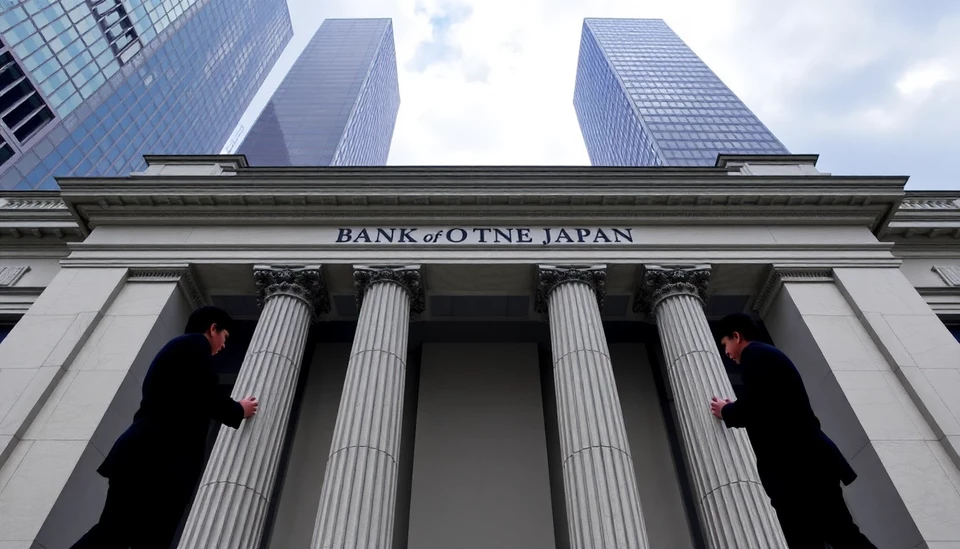
In a significant update for global investors and market analysts, watchers of the Bank of Japan (BoJ) are now predicting a postponement of any imminent interest rate hikes. This expectation is buoyed by a downward adjustment of the potential terminal rate, which refers to the peak interest rate that policymakers might target. The implications of these projections are poised to influence not only Japan’s economic landscape but also global financial markets.
The conversation surrounding the BoJ’s monetary policy has gained traction following various economic indicators that suggest a tepid recovery in the Japanese economy. Analysts believe that the central bank is likely to maintain its accommodative stance for the time being, primarily due to subdued inflation indicators and a slow momentum in wage growth. As a result, expectations for an immediate policy shift are faint, with many predicting that any move toward rate hikes could be postponed until later in the year.
Furthermore, recent data underscores the persistent challenges facing Japan, including an aging population and supply chain issues that continue to hinder economic growth. These factors contribute critically to the BoJ's dilemma in deciding when and how to recalibrate its ultra-loose monetary policies.
Market participants are closely watching how the BoJ manages its communications in upcoming meetings. Analysts expect that the language used by BoJ officials might steer clear of any definitive timelines for rate hikes, suggesting instead a patient and cautious approach as they navigate through economic uncertainties. Such decisions are crucial as they hold significant implications for both domestic and international economic conditions.
The current economic trends indicate that while the Japanese economy is gradually recovering, it remains susceptible to global pressures, especially in light of the ongoing geopolitical tensions and fluctuating energy prices. Analysts caution that any premature tightening of monetary policy could risk stalling the recovery, disrupting economic stability.
As the BoJ continues to evaluate its path forward, the central bank's decisions are likely to be increasingly influenced by international economic developments, particularly those coming from major economies like the United States and the Eurozone. The global economic landscape remains volatile, and the BoJ must tread carefully to ensure it balances domestic needs with external pressures.
Investors are advised to stay attuned to upcoming BoJ announcements and economic data releases, as they will provide further insight into the timing and nature of any potential policy changes. The expectation is that the central bank will maintain its commitment to support economic recovery while being vigilant about inflationary pressures when they eventually arise.
In conclusion, as Japan’s economic indicators fluctuate, the potential delay in rate hikes by the BoJ remains a focal point for investors. The careful navigation of economic policy by the central bank in the coming months will be critical in shaping Japan’s economic landscape and responding to evolving global financial conditions.
#BankOfJapan #MonetaryPolicy #InterestRates #EconomicForecast #JapanEconomy #GlobalFinance
Author: Rachel Greene




